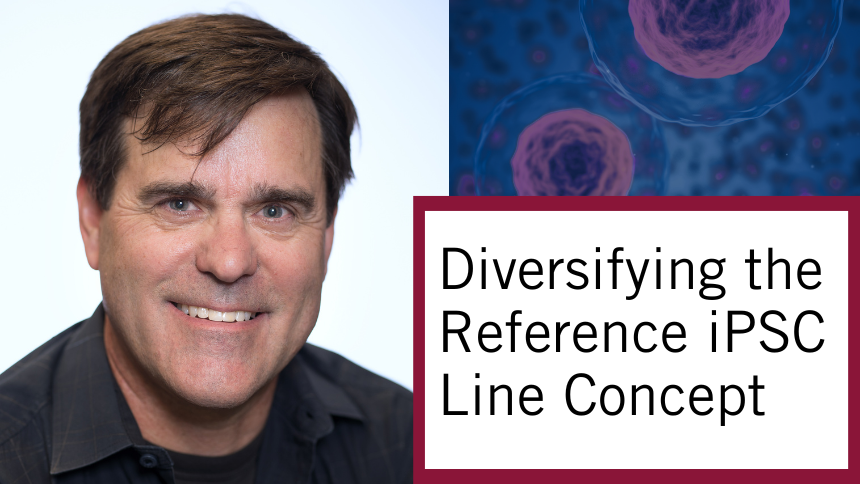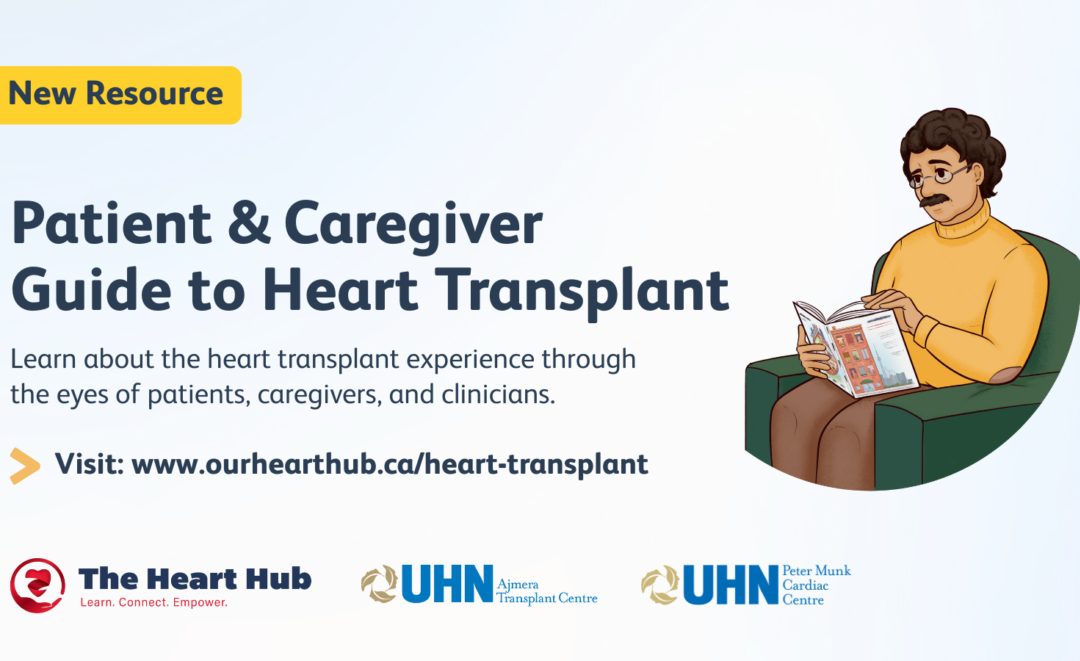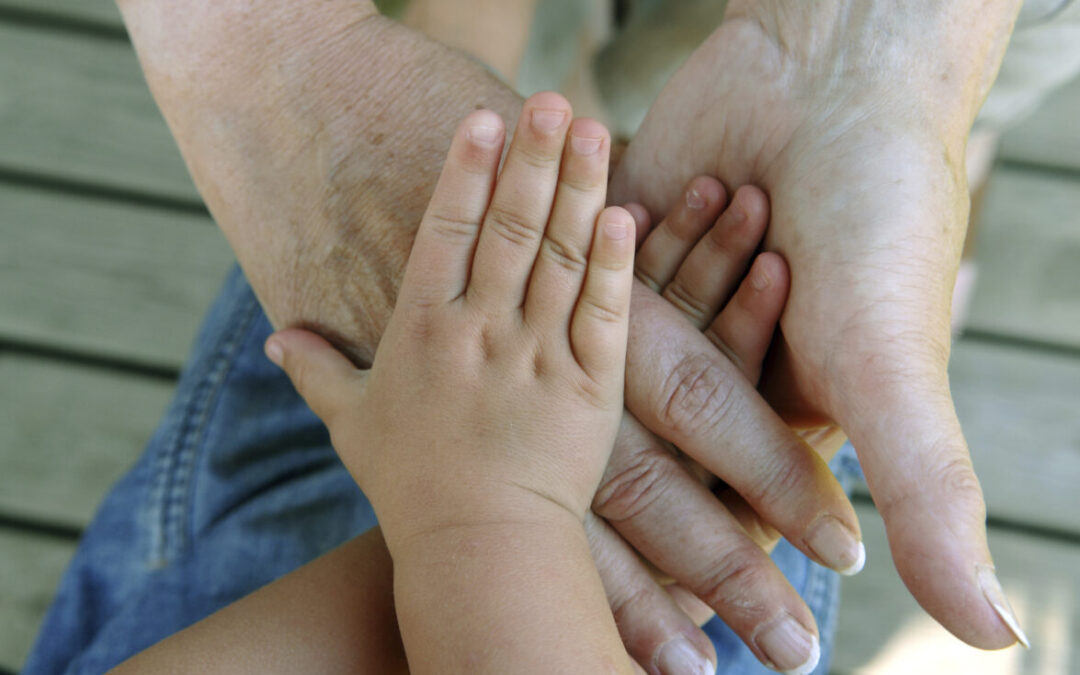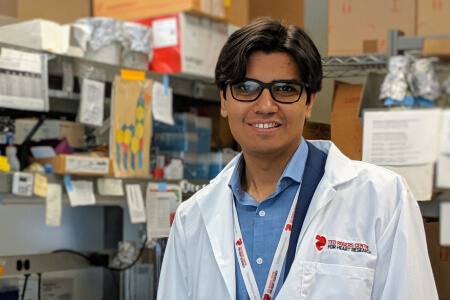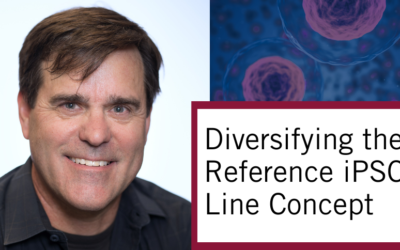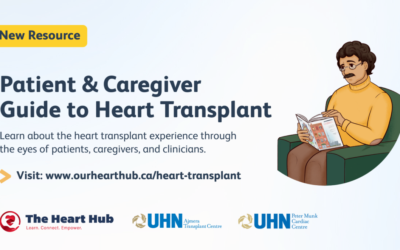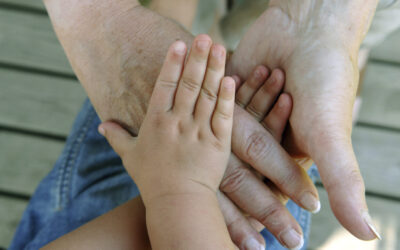TORONTO, Nov. 20, 2015 – The Hospital for Sick Children (SickKids) is proud to celebrate the one-year anniversary of the Ted Rogers Centre for Heart Research, an integrated, world-class health-care initiative dedicated to improving the heart health of children and adults.
The Centre, a collaborative initiative between SickKids, University Health Network (UHN) and the University of Toronto (U of T), was enabled by a $130-million donation from the Rogers Foundation – the largest monetary gift ever made to a Canadian health-care initiative. The donation was matched by an additional $139-million in combined funds from the three partners.
Heart disease is a critical health issue affecting more than one million Canadians, with over 50,000 new cases diagnosed each year. The Centre brings together top-notch doctors and researchers from all three institutions in an effort to improve heart health research, education and patient care.
As part of the Centre’s collaborative initiative, researchers from UHN are focusing their efforts on transforming research discovery into the delivery of effective patient care using powerful databases and new biomarkers for cardiac disease. Experts from U of T are exploring novel approaches in cellular and tissue engineering for the regeneration of heart muscle, coronary vessels, and heart valves, opening up the possibility for more effective heart therapies.
SickKids researchers explore the genetic basis of cardiac disease
SickKids has taken the lead in the Centre’s genomic research initiatives with the establishment of the Cardiac Genome Clinic, the world’s first clinic dedicated to adult and pediatric genome analysis. Dr. Ronald Cohn, scientific co-lead, Ted Rogers Centre for Heart Research at SickKids and Chief of Clinical and Metabolic Genetics at SickKids, says researchers will use their findings to develop more personalized treatments for patients.
“The program at SickKids will investigate the genetic underpinning of cardiac disease and apply an integrated lens to define the cause and appropriate treatment of individual paediatric and adult cardiac patients,” says Dr. Cohn. “This approach will lead to the prediction of heart disease before it occurs and enable individualized therapies for children and adults based on the unique genome of each patient.”
With the help of the SickKids Centre for Applied Genomics, the largest pediatric sequencing facility in the world, the Cardiac Genome Clinic aims to translate the genetic data of patients and influence future clinical outcomes in heart research.
Innovative treatments for pediatric patients
Dr. Seema Mital, scientific co-lead, Ted Rogers Centre for Heart Research at SickKids and Head of Cardiovascular Research at SickKids, has launched the first Cardiac Precision Medicine Program in the country focused on applying population-based approaches to decipher the genomic code of heart failure in children.
Her team at the Cardiac Precision Medicine Program is exploring the cause of Tetralogy of Fallot, the leading cause of “blue baby” syndrome, a congenital heart condition that can lead to heart failure in the right ventricle despite early surgical repair. SickKids researchers are currently analyzing the genes that predispose patients to heart failure in the hopes of developing new drugs to treat the condition.
Dr. Mital is also analyzing new ways to diagnose and treat children with cardiomyopathy, a disease that affects the heart’s ability to contract and puts patients at risk of progressive heart failure needing heart transplant, irregular heart rates and sudden cardiac death. Her research team is also working to generate heart cells harvested from the skin and blood of patients with heart disease, using these cells to screen for drugs and develop individualized treatments for patients.
“The Ted Rogers Centre is teaching us newer, faster and better ways of tackling heart failure by catalyzing opportunities and galvanizing researchers to work together to try and find cures,” says Dr. Mital. “The Precision Medicine Program is enabling us to study several thousand children with heart disease and combine genetic, environmental, lifestyle and clinical data to predict disease and find new therapies for heart failure. Targeting health care to the unique biological make-up of the child will help make treatments safer, precise and more effective. We are bringing the future of medicine to the patient’s bedside.”
Pushing heart health research forward
Earlier this year, the Centre launched its first Education Fund competition, providing awards to 12 young researchers embarking on a range of promising new projects. And this month, the Centre launched its first Innovation Fund competition alongside Medicine by Design, offering seed grants of up to $100,000 a year for cardiac research projects involving at least two of the three partner institutions.
The Centre will also hold its first international scientific meeting in May 2016 to share knowledge among clinical and research experts. As the Centre celebrates its one-year anniversary, researchers and clinicians hope to build on the knowledge and expertise gained from this collaborative initiative and improve heart health for patients and families around the world.
This story originally appeared here, written by Rubab Abid.
